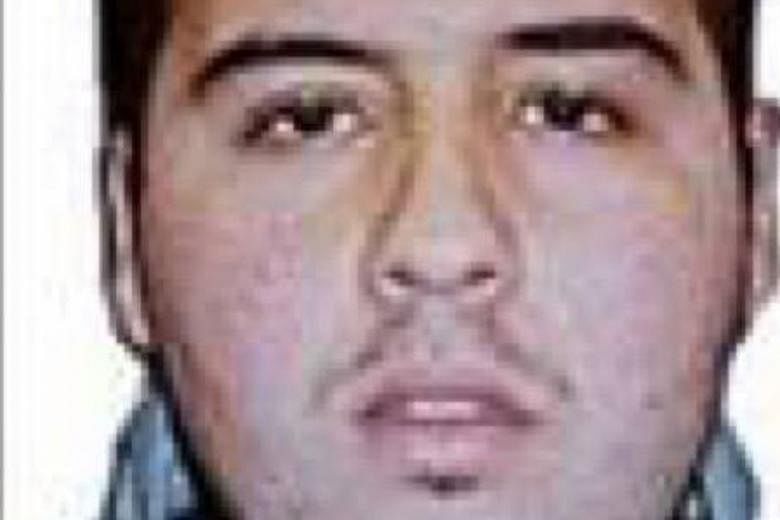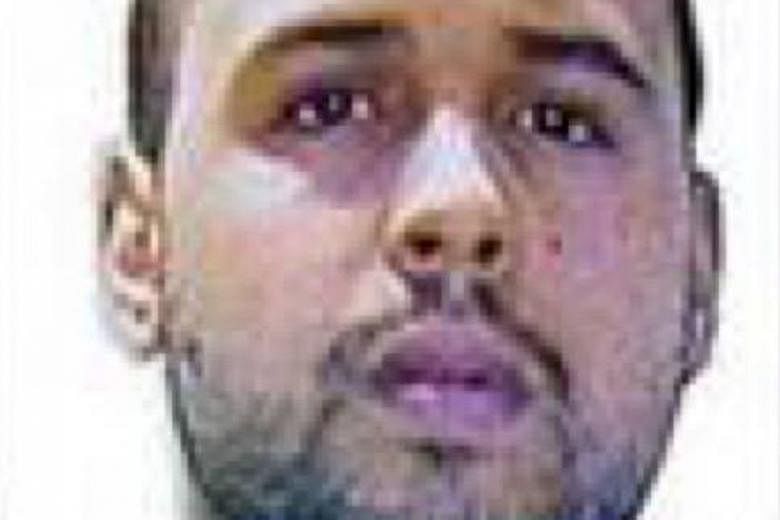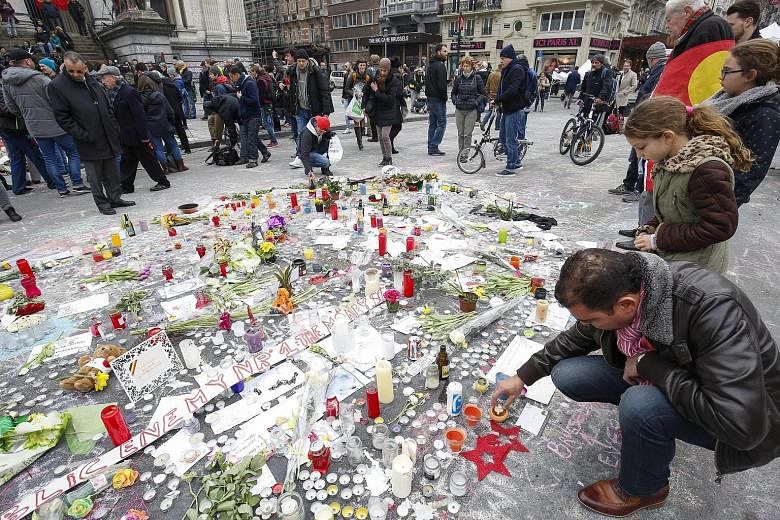BRUSSELS • The identification of Khalid and Ibrahim el-Bakraoui as suicide bombers in the Brussels attacks is confronting investigators and counter-terrorism experts with a disturbingly recurrent question: Why do so many terrorists turn out to be brothers?
The Bakraouis join a list of brothers involved in nearly every major terror attack on Western soil since three sets of Saudi siblings were among the 19 hijackers who carried out the Sept 11, 2001, attacks in the United States. Before then, the grim roster included 19th-century French anarchists, militants in South-east Asia and Jewish extremists who assassinated Israeli Prime Minister Yitzhak Rabin in 1995.
For terror groups, brothers can be ideal recruits. They radicalise each other while reinforcing a sense of purpose and ideological calling. They keep watch on each other to ensure an attack is carried out. One new study suggests that as many as 30 per cent of members of terrorist groups share family ties.
Siblings also present a formidable challenge for law enforcement. They often live in the same house. They can communicate easily, without using cellphones that are vulnerable to surveillance. And the glue of family can often - but not always - serve as insurance against one member of a cell betraying the mission to the authorities.
"Brothers would likely be exposed to similar radical messages, and they might well debate and brainstorm together about them," said Professor Audrey Kurth Cronin, an author and scholar at George Mason University. "And if you can rely on a family member in your plotting, it's probably less likely that they'll go to the police. It's a question of security and trust."
That the Brussels bombings were carried out by brothers is particularly striking because they appear to be connected with the Nov 13 terror assault on Paris that killed 130 people. The Bakraouis are suspected of belonging to the same terror cell as Salah Abdeslam, who was arrested last week in Brussels and is considered the only surviving participant in the Paris assault. Abdeslam's brother, Ibrahim, detonated a suicide belt at a cafe during the Paris rampage.
The list goes on: In January last year, the Kouachi brothers, Cherif and Said, gunned down 12 people in the Paris offices of the French satirical newspaper, Charlie Hebdo; the Tsarnaev brothers, Dzhokhar and Tamerlan, carried out the 2013 bombings at the Boston Marathon.
"Violent extremism spreads through social contact, and for most people, siblings are a big and important part of their social environment," said Mr J. M. Berger, a terrorism analyst and co-author of ISIS: The State of Terror. "You may feel you can talk to a sibling about matters you can't discuss with others."
The same dynamics that inform any sibling relationship is at play among brothers who radicalise, experts said. It is often the older brother who influences the younger one, although not always: In the case of Charlie Hebdo, investigators believe, the younger brother, Cherif, was the more militant.
Professor Mia Bloom, co-author of All In The Family: A Primer On Terrorist Siblings, cited scholarly research showing that as many as a third of the people terror groups send to carry out attacks come from the same family.
That brothers were again involved in Brussels has left law enforcement officials puzzling over how to detect terror cells within a family.
"What's powerful about these pairs is that they increase capacity for doing damage but not the vulnerability to detection, because of the tightness of the tie," said Professor Clark McCauley of Bryn Mawr College, who has studied radical groups.
"It's a creative solution; you get more hands to help than a lone wolf, but the same kind of security," he said.
THE NEW YORK TIMES



